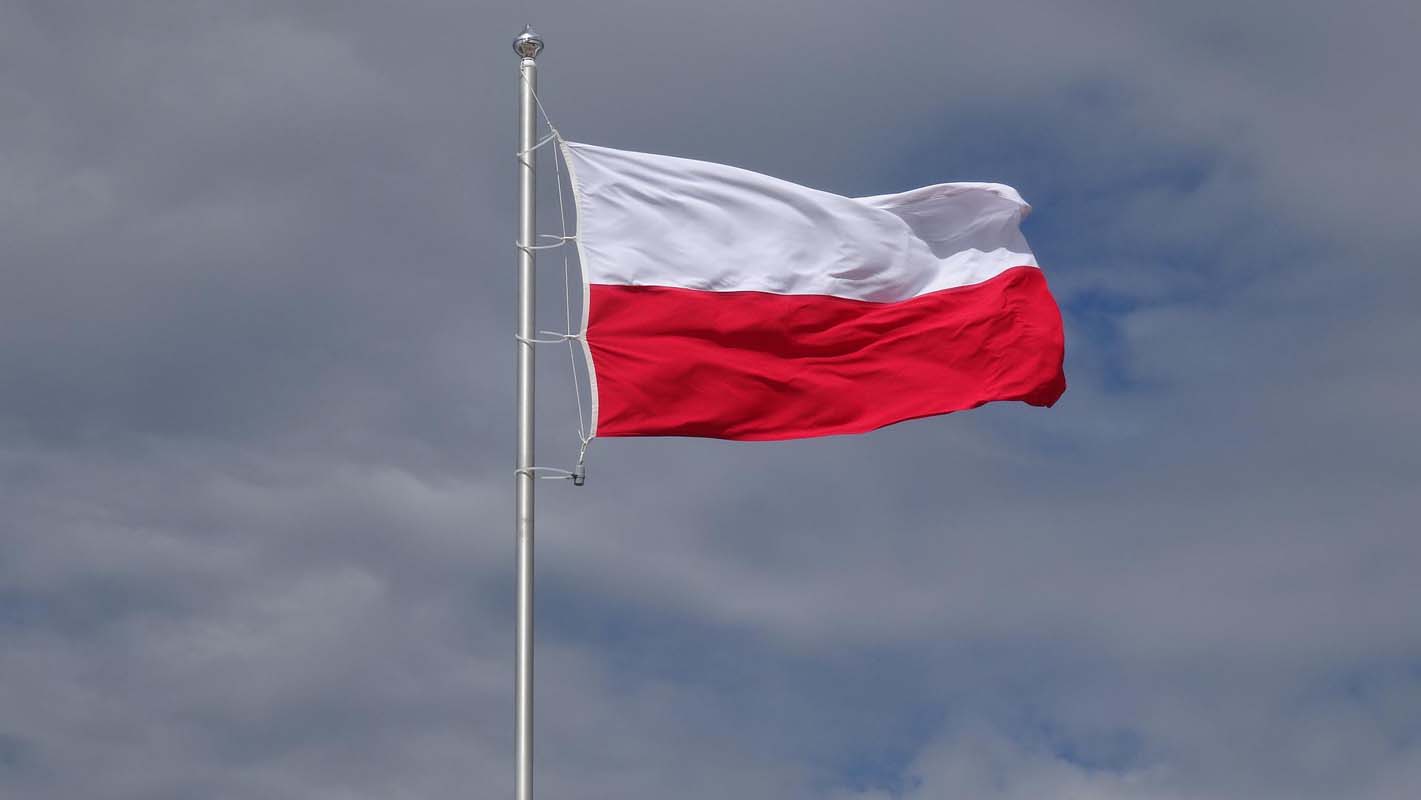
403
Sorry!!
Error! We're sorry, but the page you were looking for doesn't exist.
Poland asks for EU sanctions on Ukrainian truckers
(MENAFN) Poland's Prime Minister, Mateusz Morawiecki, has announced the country's intention to push for the reinstatement of a permit system for Ukrainian truckers entering the European Union.
This move comes as a response to protests by Polish truckers who argue that their Ukrainian counterparts are undercutting their business. The permit system for Ukrainian haulage companies was eliminated in February 2022 to support Ukraine's transport industry during the ongoing conflict.
Addressing reporters, Prime Minister Morawiecki emphasized that Poland would strongly and unequivocally demand the restoration of transport permits for Ukrainian drivers. The conflict arose as Polish truckers initiated blockades at border crossing points since early November, highlighting the economic challenges they face due to perceived unfair competition from Ukrainian companies.
During a meeting of European Union transport ministers, Polish Deputy Infrastructure Minister Rafal Weber elaborated on the concerns, pointing to the removal of permits and an electronic queuing system that forces Polish drivers to wait up to 14 days to return from Ukraine. According to Poland's IAR news agency, this situation has allowed Ukrainian companies to gain a dominant share of the market.
Poland's request to reintroduce the permit system has gained support from Hungary, Slovakia, the Czech Republic, and Croatia. However, the European Commission has firmly stated that there is "no possibility" of reinstating the permit system.
The escalating dispute has significant implications for cross-border freight movement, with the blockade resulting in a 40 precent decrease in Ukrainian freight passing through the border, as reported by the Ukrainian Economy Ministry. Furthermore, the protests have expanded beyond truckers, with Polish farmers joining in late November, expressing discontent over low grain prices attributed to cheap imports from Ukraine.
This article delves into the multifaceted challenges surrounding the dispute, exploring the economic and geopolitical dimensions of the conflict, as well as the potential impact on the broader European transportation sector.
This move comes as a response to protests by Polish truckers who argue that their Ukrainian counterparts are undercutting their business. The permit system for Ukrainian haulage companies was eliminated in February 2022 to support Ukraine's transport industry during the ongoing conflict.
Addressing reporters, Prime Minister Morawiecki emphasized that Poland would strongly and unequivocally demand the restoration of transport permits for Ukrainian drivers. The conflict arose as Polish truckers initiated blockades at border crossing points since early November, highlighting the economic challenges they face due to perceived unfair competition from Ukrainian companies.
During a meeting of European Union transport ministers, Polish Deputy Infrastructure Minister Rafal Weber elaborated on the concerns, pointing to the removal of permits and an electronic queuing system that forces Polish drivers to wait up to 14 days to return from Ukraine. According to Poland's IAR news agency, this situation has allowed Ukrainian companies to gain a dominant share of the market.
Poland's request to reintroduce the permit system has gained support from Hungary, Slovakia, the Czech Republic, and Croatia. However, the European Commission has firmly stated that there is "no possibility" of reinstating the permit system.
The escalating dispute has significant implications for cross-border freight movement, with the blockade resulting in a 40 precent decrease in Ukrainian freight passing through the border, as reported by the Ukrainian Economy Ministry. Furthermore, the protests have expanded beyond truckers, with Polish farmers joining in late November, expressing discontent over low grain prices attributed to cheap imports from Ukraine.
This article delves into the multifaceted challenges surrounding the dispute, exploring the economic and geopolitical dimensions of the conflict, as well as the potential impact on the broader European transportation sector.

Legal Disclaimer:
MENAFN provides the
information “as is” without warranty of any kind. We do not accept
any responsibility or liability for the accuracy, content, images,
videos, licenses, completeness, legality, or reliability of the information
contained in this article. If you have any complaints or copyright
issues related to this article, kindly contact the provider above.






















Comments
No comment